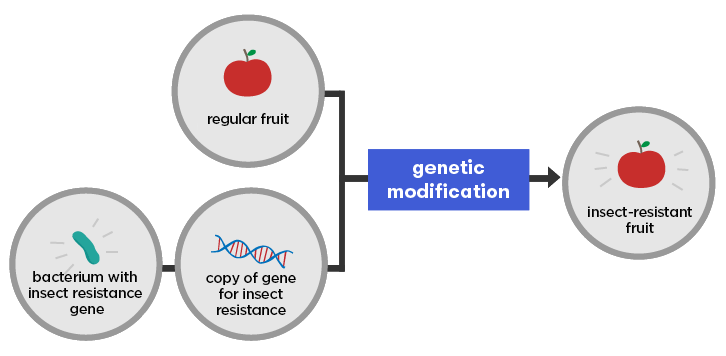Dr. Emmanuel Okogbenin, Director, Programme Development and Commercialization at the African Agricultural Technology Foundation (AATF) has called on African leaders to resist the temptation of overregulating products derived from New Plant Breeding Techniques (NPBTs).
Dr Okogbenin who spoke on re-directing plant breeding for speed and focus in Africa for food nutrition and security during a webinar organized by the Nigerian Plant Breeders Association noted that products of NPBTs need not be regulated as transgenics.
- Nigeria releases first transgenic crop – cowpea resistant to pod borers
- New study reveals transgenic maize safe, nutritious
The NPBTs are methods allowing the development of new plant varieties with desired traits, by modifying the DNA of plant cells without the introduction of transgenes (new proteins artificially introduced from outside a specific crop).
They are called ‘new’ because these techniques have only been developed in the last decade and have evolved rapidly in recent years.
According to advocates, NPBTs is a valuable tool to enhance crop yields.
Dr Okogbenin urged regulators to allow innovation in agriculture saying, “Regulators should avoid adoption of strict regulatory regimes that will hinder application of new innovations in plant breeding.”
According to the director, NPBTs facilitate genome alterations—positive or favourable change in the genetic make-up of plants and crops—which are specifically directed to induce specific mutagenesis in genes of interest which are targeted.
Genome editing is one of these techniques with fast development and great potential for novel trait development for food, feed, health and high commercial value.
Plant varieties have been developed using NPBTs since 2010 and some of these varieties include seedless tomatoes, low fat soybeans and Alfalfa, developed for easy digestion.
Dr Okogbenin said that it was important to use the right tools for right problems stressing that it is not about sophistication of tools but results and efficiency.
He called for private sector investment to enhance agricultural development noting that commercial agriculture is the future direction for food and nutrition security.
Dr. Okogbenin stated that agriculture not only benefits the farming community but also breeders through the attainment of enabling environment that supports patenyd. plant breeders rights and royalty.
“Breeders are key to technology innovation and molecular tools are critical to this process. Breeders have to take leadership because they get the unfair criticism for everything that goes wrong,” he added.
He pointed out that breeders are pivotal to technology innovation and products which are critical to enhancing agricultural productivity.
He challenged breeders to think beyond field and laboratory responsibilities to have an inspiring broad-based overview of how their products will perform in the entire agricultural value chain to catalyze growth and economic development of Africa.

